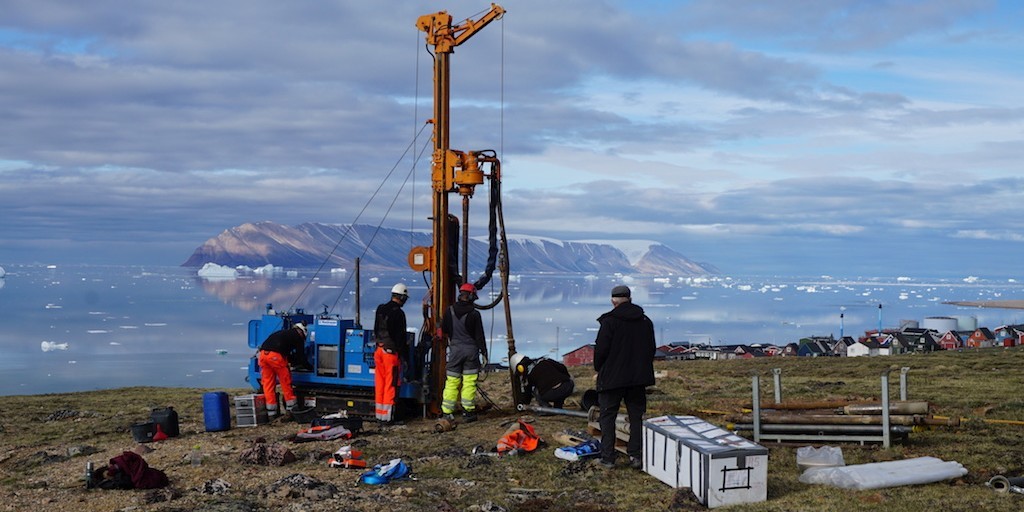Frozen Ground Engineering
Permafrost degradation and seasonal freezing cause challenges with severe economic consequences for Arctic communities. Our applied research focuses on providing new knowledge, technologies and solutions that assist sustainable infrastructure planning, design and maintenance.

To guide the choice of sustainable adaptation methods, the impacts of permafrost thaw must be quantified. Knowledge of ground conditions is scarce and strongly needed, including the distribution of sediments, ground ice content, and quantification of temperature-dependent soil and rock properties. In-situ monitoring may provide high quality, long-term data to support model development, calibration and validation. The lack of information on the state of Arctic infrastructure, and related maintenance costs, also make effective cost-benefit analysis of adaptation measures difficult.
Research efforts
- We maintain and expand the ground temperature monitoring network – Tunngavik. We focus on the inhabited coastal regions in Greenland to study impacts of permafrost thaw on society, and provide data for permafrost models and global/circum-Arctic comparisons.
- To enhance the applicability of geophysical methods for permafrost mapping, we adapt field methods and laboratory experiments for validation of in-situ measurements.
- We develop advanced temperature-regulated laboratory setups for exploring soil physical properties (thermal, electrical, seismic, mechanical) as function of water content and salinity.
- We develop a database of geotechnical soil properties compiled from in-situ site investigations and laboratory experiments.
- We integrate our research results in the implementation of a multi-disciplinary framework for community-scale hazard mapping, permafrost thaw forecasting, and assessment of societal consequences.
Cooperative partners
Our research group has strong partnerships with Greenland stakeholders from both the public and private sectors. The research and teaching activities are conducted in close collaboration with national and international partners, such as the research center CENPERM at Copenhagen University, Nordic5Tech and EuroTech alliance partners, as well as North American partners.
Ude in practice
With strategic focus on Greenland, our research complements and feeds into the global/circumpolar permafrost monitoring and modeling efforts. Our applied research addresses practical issues and needs of public authorities and construction industry in Greenland and the Arctic in General.Contact
Thomas Ingeman-Nielsen Associate Professor Mobile: +45 53858075 thin@dtu.dk
Sona Tomaškovicová Associate Professor Mobile: +45 93511090 soto@dtu.dk